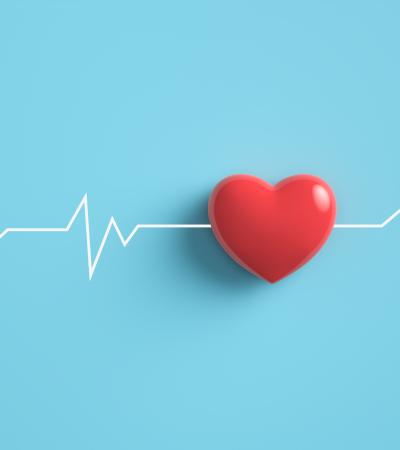Children
Tweens (10-12)
Health Information Literacy Outreach to Promote Farmworker Health
$5,000+
There are profound health inequalities for migrant and seasonal farmworkers. In an effort to reduce the health information gap, East Carolina University (ECU) led an outreach program to help future leaders and college students from rural farmworker families access health information.
The project was a partnership between ECU's Joyner Library and Student Action with Farmworkers (SAF), a nonprofit farmworker advocacy organization. The program offered health-related training and technology access into a leadership/college pipeline program for farmworker youth in SAF's Levante Leadership Institute.
Advanced Planning
Our project had the following objectives:
- Increase awareness in recent college graduates of how information access relates to health information literacy and overall health
- Bolster awareness of National Library of Medicine (NLM) resources to farmworker advocates in North Carolina and work towards achieving information equity
- Improve understanding of gaps in NLM resources for farmworkers and their families
- Provide teens in farmworker families the ability to assist their family members in utilizing MedlinePlus to find consumer health information
- Reduce health information access disparities among migrant and seasonal farmworkers and their families
In planning the project, we:
- Collected information from student leaders and faculty/staff
- Developed assessment interviews
- Distributed and collected NLM training evaluation forms
- Obtained a qualitative assessment of information needs and desired resources experienced in the 2017 growing season from Levante Leadership Institute youth, health outreach fellows and migrant health outreach coordinators
- Analyzed the information seeking practices and educational needs of practitioners to shape programming
- Obtained Student Action with Farmworkers (SAF)’s feedback on proposed training materials and Levante training
- Evaluated and debriefed with SAF/NC Farmworker Health Program staff
- Gathered evaluation data related to Levante use of iPads, internet access and training in relation to NLM resources
- Provided iPads to Levante participants
- Established use of iPad agreement and conducted training with Levante teen participants and Levante program staff (in person)
Marketing
Our target population was migrant and seasonal farmworkers and their families in North Carolina. This included:
- Farmworker high school teens and their families participating in Student Action with Farmworkers (SAF) Levante Leadership Institute Youth Program
- Rural community health center migrant health outreach workers and advocates participating in the 2018 NC Farmworker Institute
- The NC Office of Rural Health’s Farmworker Health Program outreach staff
- SAF Into the Fields Fellowship fellows
Budgeting
We received a grant of approximately $15,000 from the National Network of Libraries of Medicine (NNLM).
Day-of-event Activity
A small problem that we encountered was setting up the internet connection using the official East Carolina University name with AT&T. The problem was the use of different account names; however, AT&T worked with us, and we were able to get the iPads running with unlimited data.
Another small issue experienced was the fact that not every student could have his or her own iPad due to the budget. To resolve this problem, we had siblings in the program share iPads.
Program Execution
We provided the Levante students with eight iPads equipped with high-speed internet. None of them had issues using the iPad or connecting to the internet. Providing the students with the iPads was reported to be transformational. Their self-efficacy increased, and many of the students reported doing better in school because of the iPads. Their access to the internet also allowed them to do research on health topics that they or their family members were interested in or worried about.
We did in-person and webinar-based trainings. Through these trainings people gained the knowledge and skills necessary to look up health information and participants can now better differentiate between reliable and unreliable sources. Evaluation forms were given out.
We brought nine children from seasonal and migrant farmworker families to tour East Carolina University and to attend a training on health information resources. Dr. Erik Kneubuehl, associate vice chancellor; Dean Smith, director of student centers; Wanda Tyler, director of intercultural affairs; Dr. Dennis McCunney, director of the Center for Leadership & Civic Engagement; John Mountz, director of Greek life, and Justin Janak, director of student activities and organizations, all served on a panel and talked to the students and answered questions. The students voiced that their interest in attending a four-year university increased. Four current students of ECU explained their experience at the university and answered questions.
We presented at the NC Farmworker Advocacy Institute. Information presented included web-based resources from National Library of Medicine, strategies for accessing information about farmworker health outside of a university setting, how children of farmworker families can utilize health information, and information literacy assessment strategies.
Advice
To those who wish to hold this kind of program in your community, we recommend that you first identify a target audience that would most benefit from increasing health literacy and then create an action plan on how you could effectively reach this population. Begin by identifying underserved populations that would most benefit from improving their health literacy and ensure that your project objectives for the selected population are attainable with the time scope and resources available to you.
We found that an easy to maintain website was instrumental in our project’s success. Develop strong partnerships with local universities, health organizations and NNLM to develop effective and innovative health literacy training activities.



